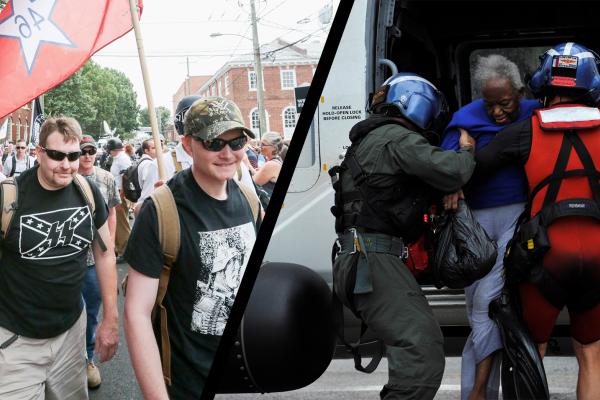Sep 14, 2017
The remarkably human and loving response to imperiled neighbors in Houston stands in stark contrast against the hateful racial ugliness that paraded through the streets of Charlottesville earlier in the month as angry white supremacists — KKK, Neo Nazis, “alt-right” members — marched publicly and proudly without sheets shouting anti-black and anti-Semitic assaults, and ultimately led to the death of Heather Heyer. The lighted torches, fear, hate, and violence of Charlottesville was such a shameful juxtaposition to the self-sacrificial love and service across racial lines that the disasters caused by Hurricanes Irma and Harvey evoked from people.
Read the Full Article

Already a subscriber? Login
